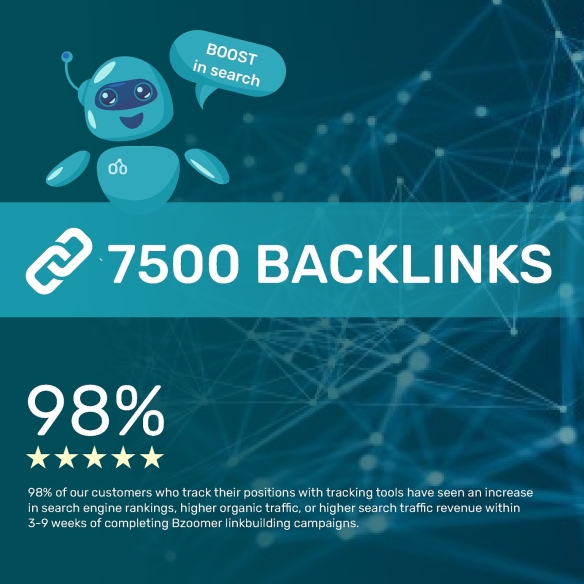In today’s fast-paced digital world, seamless and reliable communication is the backbone of any successful business. Traditional phone systems are rapidly becoming obsolete, making way for more cost-effective and scalable alternatives. One such solution gaining widespread adoption is Business VoIP Solutions—Voice over Internet Protocol systems that leverage internet connectivity to transform the way companies communicate.
What Are Business VoIP Solutions?
VoIP (Voice over Internet Protocol) technology enables voice communication and multimedia sessions over the internet rather than through traditional analog phone lines. Business VoIP Solutions are tailored systems designed specifically for organizational needs, offering advanced features like call routing, conferencing, mobile integration, analytics, and more.
These solutions are ideal for startups, small and medium-sized businesses (SMBs), and large enterprises alike. By replacing outdated phone infrastructure with cloud-based VoIP systems, businesses gain flexibility, reduce operational costs, and improve productivity.
How Business VoIP Solutions Work
Business VoIP works by converting voice signals into digital data packets, which are transmitted over the internet. These data packets are then reassembled at the receiving end, enabling high-quality voice communication. VoIP can be used through:
-
IP Phones (desk phones connected via Ethernet)
-
Softphones (apps on computers or smartphones)
-
VoIP Adapters (for traditional phones)
-
Cloud-hosted PBX systems (Private Branch Exchange)
Benefits of Business VoIP Solutions
1. Cost Efficiency
VoIP significantly reduces long-distance and international call charges. Businesses can also avoid the high costs associated with on-premise phone hardware and maintenance.
2. Scalability
Adding new lines or users to a VoIP system is quick and easy, making it perfect for growing businesses. You can scale up or down without major infrastructure changes.
3. Advanced Features
Most VoIP providers offer features like:
-
Auto-attendants
-
Voicemail to email
-
Call forwarding and routing
-
Call recording
-
Video conferencing
-
Call analytics
-
Integration with CRMs
These features empower teams to collaborate efficiently and enhance customer service.
4. Mobility and Remote Work Support
Employees can take calls from anywhere with an internet connection, enabling seamless communication in hybrid or remote work environments. VoIP apps on mobile devices ensure that no call goes unanswered.
5. Improved Call Quality
Modern VoIP services use advanced codecs and noise-reduction technologies to deliver crystal-clear audio, often outperforming traditional landlines.
6. Business Continuity
In the event of a power outage or natural disaster, cloud-based VoIP systems allow calls to be rerouted to other devices, minimizing downtime and maintaining operations.
Key Features to Look for in Business VoIP Solutions
When choosing a VoIP provider, consider the following essential features:
-
Unified Communications (UC): Integrate voice, video, chat, and collaboration tools into one platform.
-
Cloud PBX: A cloud-hosted private branch exchange system that manages internal and external calls without on-site equipment.
-
Security Protocols: End-to-end encryption, multi-factor authentication, and secure data storage.
-
Customer Support: 24/7 assistance and dedicated account managers can make a big difference.
-
CRM Integration: Sync calls with customer data for more personalized interactions.
-
Call Analytics and Reporting: Track call volume, duration, missed calls, and agent performance in real-time.
Popular Business VoIP Solution Providers
Several companies offer high-quality business VoIP services, each catering to different needs:
-
RingCentral: Known for its all-in-one communications platform.
-
Zoom Phone: Ideal for companies already using Zoom for video meetings.
-
Nextiva: Offers advanced analytics and excellent customer support.
-
8x8: Great for global businesses with multilingual and multinational operations.
-
Vonage Business: Focuses on API-driven communication and integrations.
Industry Use Cases for Business VoIP Solutions
-
Call Centers & Customer Support: Handle large volumes of calls efficiently and analyze performance.
-
Healthcare: HIPAA-compliant communication for telemedicine and patient outreach.
-
Retail & E-commerce: Support customers with seamless contact across channels.
-
Legal Firms: Secure communications with detailed call logs and recordings.
-
Real Estate: Always stay connected with clients on-the-go using mobile VoIP apps.
Common Misconceptions About VoIP
Myth 1: VoIP Has Poor Call Quality
Reality: With high-speed internet and proper configuration, VoIP often surpasses landline quality.
Myth 2: VoIP is Only for Large Businesses
Reality: VoIP solutions are flexible and customizable for businesses of all sizes.
Myth 3: VoIP Isn’t Secure
Reality: Modern VoIP providers use advanced encryption and security protocols to protect data.
How to Transition to a VoIP System
-
Assess Your Current Communication Needs
Understand your call volume, team size, and feature requirements. -
Evaluate Internet Bandwidth
VoIP needs a stable and fast internet connection. Consider upgrading if necessary. -
Choose the Right VoIP Provider
Compare plans, features, and pricing to find a provider that matches your business model. -
Train Your Team
Ensure employees are comfortable using the new system and know how to access features. -
Monitor and Optimize
Use call analytics to track performance and identify areas for improvement.
Embrace the Future with Business VoIP Solutions
As businesses strive to remain agile and competitive, adopting modern communication tools is no longer optional—it's essential. Business VoIP Solutions offer a smarter, more cost-effective, and scalable way to manage voice communications while empowering teams to stay connected from anywhere.
Whether you're a startup looking for affordable communication or an enterprise needing a fully integrated UC platform, VoIP can transform your operations, improve customer service, and future-proof your business.


